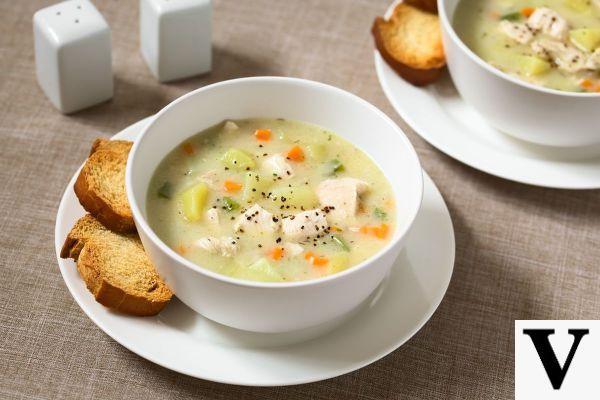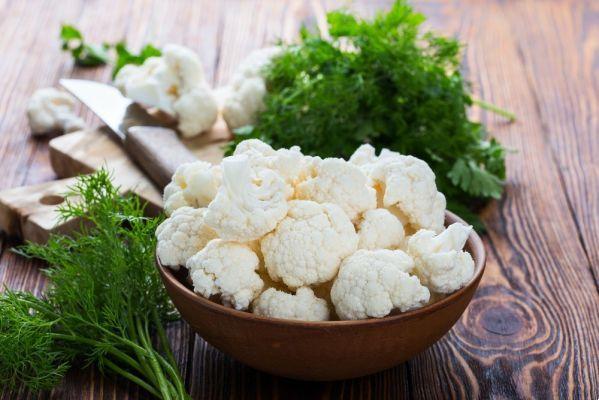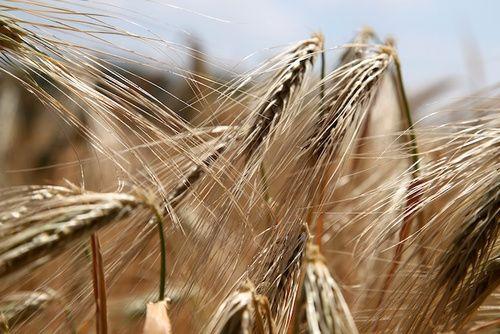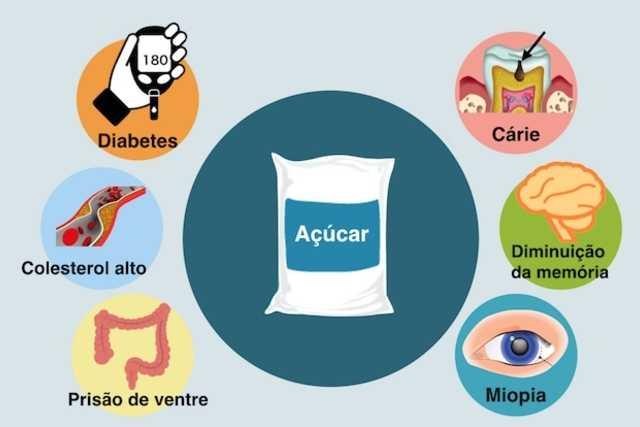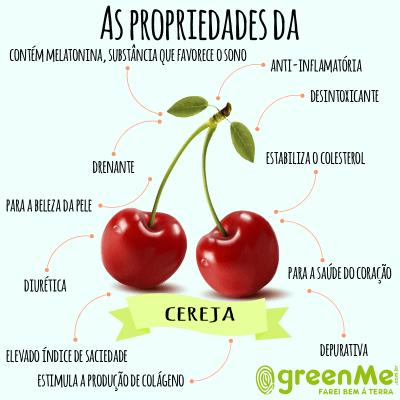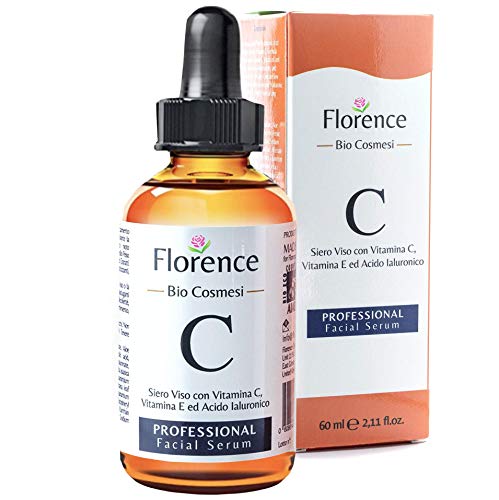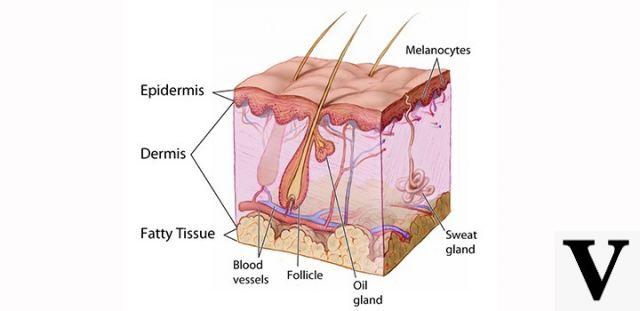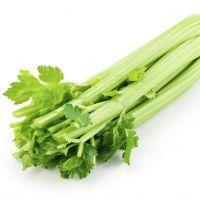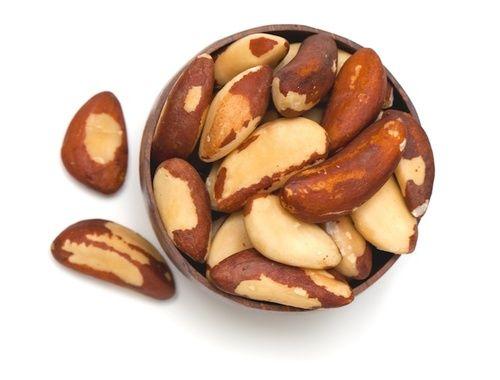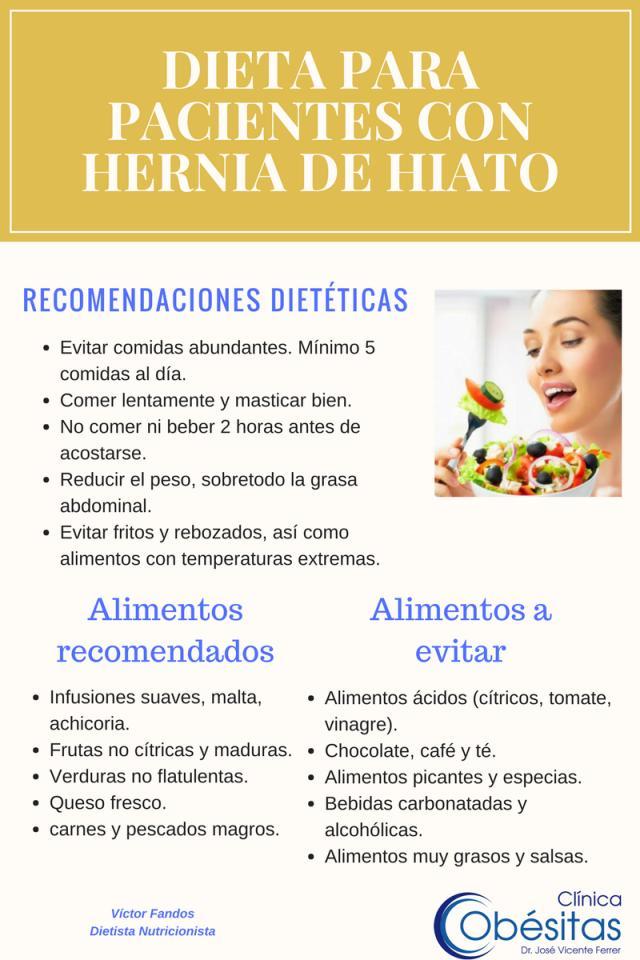
What is a hiatal hernia?
A hiatal hernia is a protrusion of part of the stomach along the esophagus, through the esophageal hiatus, that is, the valve that separates these two districts.
When the function of this valve decreases, part of the stomach tends to slide into the esophagus and favors the retrograde regression of food and gastric juices, giving rise to gastroesophageal reflux, one of the main consequences of the hiatal hernia.
It should be noted that gastroesophageal reflux can also be caused by various causes such as, for example, poor nutrition and is not necessarily associated with a hiatal hernia.
The other way around, the causes of hiatus hernia are not yet well known and they would not seem to be linked to an incorrect lifestyle.
He continues it exposure of the esophagus to acidic juices it can cause a more or less pronounced inflammation, called esophagitis.
Between the most common symptoms of hiatus hernia, We find:
- Acid regurgitation.
- Burning in the stomach.
- Halitosis.
- Dry cough.
Treating nutrition can alleviate these symptoms, however, these are not the same for everyone and can be more or less accentuated by certain foods in a subjective way.
Besides follow the general guidelinesin fact, it is highly recommended to keep a food diary in which to note the foods consumed during the meal when there is an increase in hiatal hernia symptoms.
This will allow you to subjectively identify foods potentially associated with deterioration of the symptomatology.
Foods to avoid in case of hiatus hernia
In case of hiatal hernia or gastroesophageal reflux, it is useful to avoid:
- Citrus fruits.
- Alcohol.
- Packaged foods rich in sodium or sugar.
- Carbonated drinks.
- Coffee.
- Fatty and spicy foods.
- Fried foods and overly seasoned foods.
- Chocolate.
- Mint.
- Tomatoes and tomato sauce.
- Flavors, such as garlic and onions.
Proper diet and balanced lifestyle to combat hiatal hernia
Foods to be preferred in case of hiatal hernia
There are prefer all foods that do not add further acidity, Including:
- Fruits (except citrus), such as red fruits, apple, pear, banana.
- Fresh vegetables, such as asparagus, artichokes, courgettes, carrots, mushrooms, courgettes, carrots.
- Whole grains.
- Nuts and oil seeds.
- Skim milk, yogurt and kefir.
Some useful tips
In addition to nutrition, there are some things you can do to alleviate the symptoms of gastroesophageal reflux. Between these:
- Avoid too large meals and prefer smaller, more frequent meals.
- Chew very well and eat slowly.
- Avoid fruit and water after meals main.
- Regularly introduce fermented foods, like kefir and tempeh.
- Cooking with healthy fats, such as olive oil, avocado or seed oil.
- Not smoking.
- Wait at least a couple of hours before going to bed after dinner.
- Raise the head of the bed.
Here are 3 herbal remedies for hiatal hernia
Bibliography and sources
ACID REFLUX PRECAUTIONS, Tufts Medical Center
Gastroesophageal reflux disease (GERD), Mayo Clinic
Hiatal hernia, Cleveland Clinic




